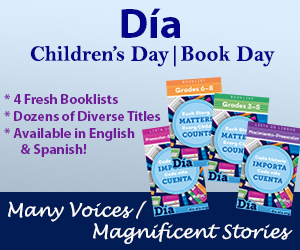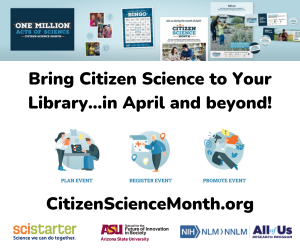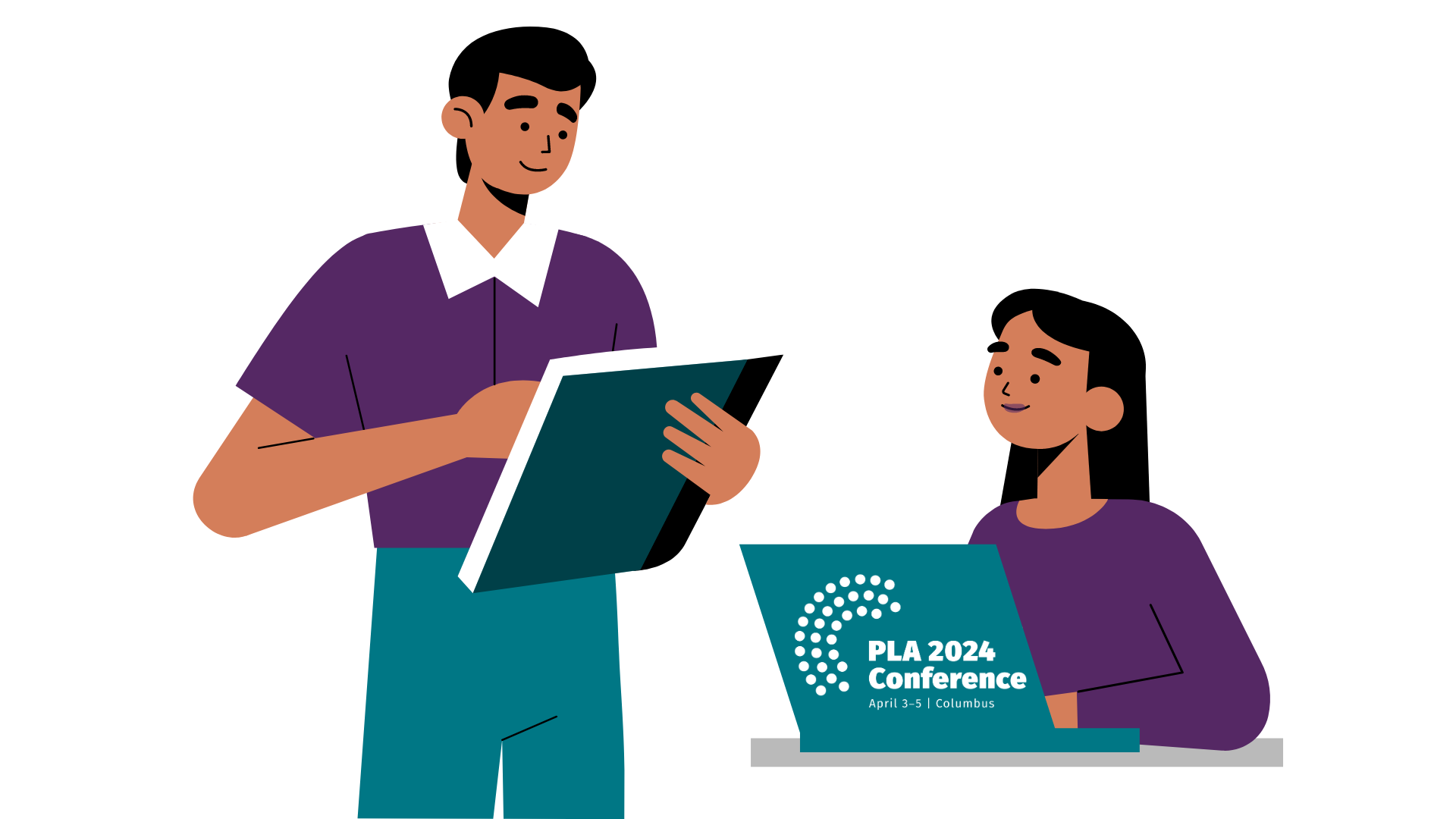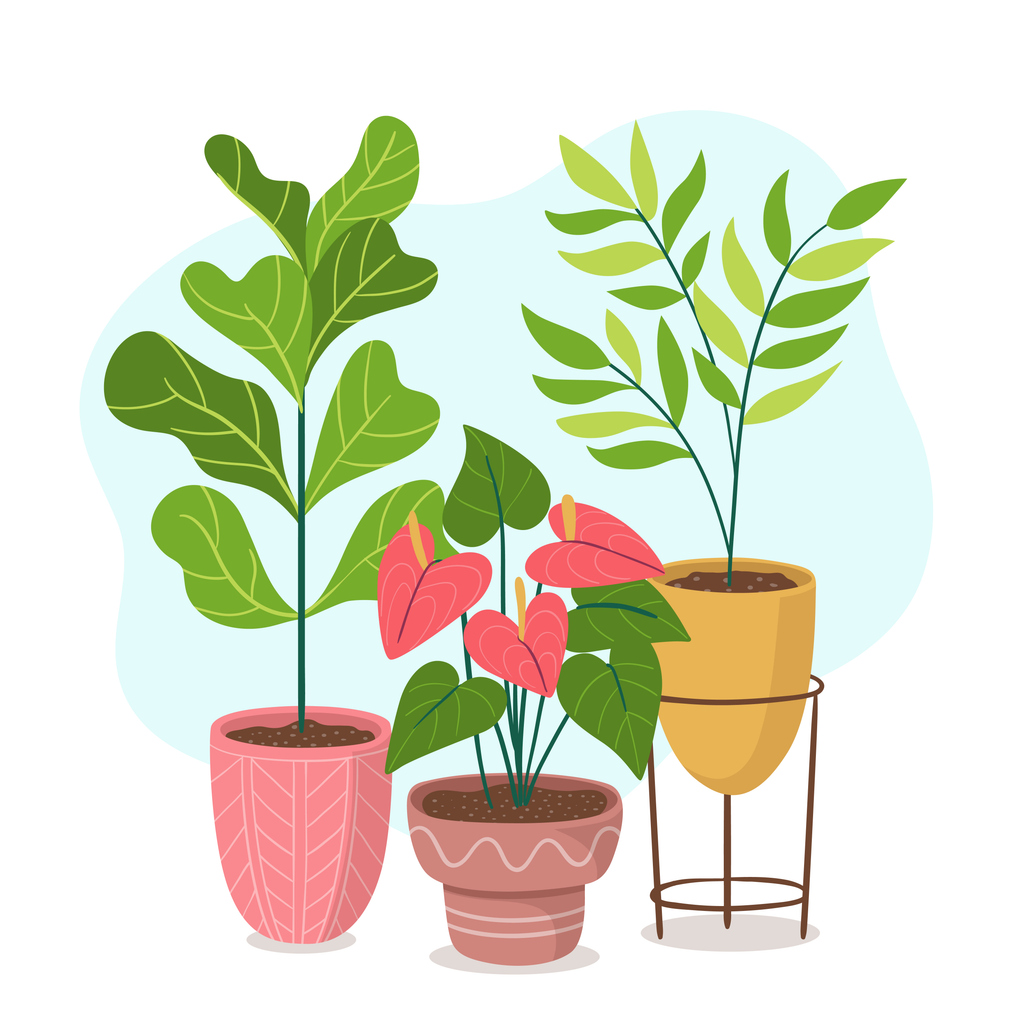“You Don’t Know How Unique Your Own Mother is Until You’re Out in the World” — Bridgett M. Davis on Her Heartwarming Memoir
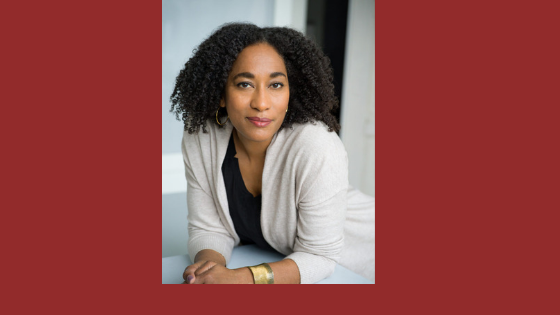
In The World According to Frannie Davis: My Mother’s Life in the Detroit Numbers, Bridgett M. Davis traces the extraordinary life of her mother, a glamorous businesswoman who ran a thriving Numbers enterprise in Detroit for over thirty years. Frannie Davis arrived in Detroit in 1958 as a young mother with little prospects to support a growing family. She quickly transformed a $100 loan from her brother into a prosperous Numbers venture, serving as a de facto banker, bookie, and counselor for her neighborhood. With luminous prose, Davis delves into her mother’s life, providing an insider’s look at the Numbers world and a sweeping look at Detroit’s evolving landscape in the sixties and seventies. The New York Times singled out The World According to Frannie Davis as an Editor’s Choice, hailing it as “a daughter’s gesture of loving defiance, an act of reclamation, an absorbing portrait of her mother in full.” Davis spoke to Brendan Dowling via telephone on June 27th, 2019. Author photo courtesy of Nina Subin.
For people who might not be familiar, can you talk about what exactly the Numbers are?
I like to tell people that the Numbers are exactly like the lottery. They existed for decades before the states started to actually take it over, and they’re essentially a precursor to the legal lottery. They worked pretty much the same way that you would think about going to a corner store and buying a lottery ticket today. It was one of the many games you can now play. It was the one that required you to choose a three-digit number, in any order you wanted, and hope that three-digit number was the actual winning number. Now you have a zillion lottery games to play, but back then, and in the beginning of legal lotteries, there was just this one type of lottery game to play. We in the community called it the Numbers. When the states took it over, they basically called it the Numbers too.(laughs) They picked it up whole cloth.
We get such a full portrait of your mom. What made her so well suited to be a Numbers runner and handle all the challenges it demanded of her?
Well she certainly had a way with numbers, as we called it back then. Now I would say she had a real affinity and a mathematical mind that enabled her to handle this business that required all kinds of math and calculations with ease. But it wasn’t just that, because many people probably had that ability. What made her able to be successful was that she could couple that with an incredible a command for respect. People really respected my mother. She also was extremely fair and understood her responsibility to be reliable. Those are really important skills in a business that’s unregulated; reliability, integrity, honesty, and fairness were all natural attributes of hers. So imagine combing all of those. She was really well suited for this profession. (laughs)
Reading the book, you also get a sense of how complex the relationships with the people who played the numbers and how much she valued those relationships.
People had to, as I said, both trust her and respect her. But also, it had to be reciprocal. She had to respect her customers in that she never looked down upon them. She always believed that they had a right to privacy, so she didn’t discuss one customer’s bids or their winnings with another customer. People needed to know that would be the case. Something as simple as saying, “I respect you. You won this particular day’s lottery. You’re getting your money immediately, the next day before noon.” All of that was her way of saying not only can you trust me but I respect you.
You did extensive research on your mother’s life as a Number’s runner and banker. How did your perception of your mother change after doing all of that research?
I already admired her, as is evident in the book. Even as a child, I knew my mother was unlike any of my friends’ moms. I knew that she was running things, I knew that she was in charge, that people looked up to her, and that she commanded respect. Already I knew she was different. This was the feeling I had as an adult going into the research. I just wanted to honor her, and I thought the better I understand the context, the better I could share this admiration with the readers.
Then, lo and behold, I learned about the history of lotteries. I learned about a side issue, the cultural and social landscape of Detroit for Negroes and African Americans in the years my mother was building her business and raising her children. Suddenly my admiration for her leapt to great heights, because now it’s not just that my mother did this cool thing, gave us this lovely middle class life. My mother was pushing against incredible odds and opposition, separate and apart from simply trying not to be exposed in this underground business. That in itself was a feat.
I didn’t know how hard that was until I learned how many times authorities busted these gamblers, as they called them, illegal gamblers, and made these concerted organized efforts to really stop this underground lottery, to stop the Numbers. I started out as a novelist, so my imagination ran amok thinking about what that pressure must have felt like. I didn’t know any of that as a child; I didn’t inherit her anxiousness. She kept that out of our understanding, away from us.
Detroit is this incredible backdrop in the book and we see how Detroit changes from the 50s to the 90s. Can you talk about Detroit and the role the Numbers played in the city?
Detroit is known to many people for the obvious things, the auto industry and Motown. People have a sense that Detroit was thriving in the sixties, having its heyday. That was true, but many people were still struggling. A lot of blacks were still facing incredible discrimination even within the auto industry, so not everyone was doing well. The Numbers really provided this informal economy that allowed these communities to do better than they would have otherwise. The best way to understand that is to think about these dollars turning over many times within the community. Small businesses got to thrive, people got help going to college, and folks were able to get home loans from mostly Numbers men, as we called them. “Oh he’s a numbers man,” which meant he was a big guy in the community. They believed in putting that money back into the community. I love pointing out to people, “Did you know that the NAACP was barely afloat until Numbers men stepped in and really helped them?”
Your mother seemed to be ahead of her time in terms of how she approached parenting. Can you talk about how she viewed her role as a parent?
Again you don’t know how unique your own mother is until you’re out in the world and comparing notes, and you’re witnessing how others speak of or have relationships with their parents. I could go on and on but I’ll just highlight a couple of things. First, my mother didn’t believe that you could spoil your children by treating them well. She didn’t see that as a negative, something that you had to ward against. A lot of parents were a little punitive or held back from their children because they thought that was the right thing to do. My mother believed in indulgence. She thought you should know that you deserve it. Now coupled with that was a complete requirement on our parts that we be respectful. Her adage was, “You are better than no one but as good as anyone.” People used to criticize her for all the things she did for her children and she had to create this rule. Her rule with her friends was, “I can discuss anything with you but not what I do for my children. That’s off the table.”
Having four daughters, the other big thing for her was to help us understand our self-worth as women, that it did not come from men. She lived that example. My mother had many things— credit cards, property—all in her maiden name. As a child of the seventies coming up amidst this new awareness of women’s lib, I just loved that. She gave my sister and me these diamond rings when I was ten and my sister was fourteen. Her whole thing was, “You need to understand what it is you need from a man, and that is respect. You now have a diamond ring. You do not need to get excited about a man giving you a diamond ring, because you already have one. Now get excited about how he treats you. End of story.”
You see in the book that she has this exhausting job and how much she does for her friends and family. Yet your mother also seemed to be ahead of her time in how she understood how important self-care was for parents.
That’s also something I came to understand more fully as I got older. My mother wasn’t self-sacrificial. She didn’t think that made any sense. Her favorite statement to us was, “If I don’t have shoes, that’s a problem for you. Because how am I going to take care of you if I’m barefoot? And by the way, I might as well have beautiful shoes.” We didn’t see a self-sacrificial mother, which I know goes against the usual characterization of mothers, black mothers in particular.
She’s such a larger than life figure—wearing mink capes and taking amazing vacations—but at the same time she leads this very everyday life.
A very domestic life, in a lot of ways. One of the benefits for her of being in the Numbers was she got to be home when her children get out of school. She thought that that was a major advantage. It was what we would now what we’d call a home-based business. (laughs)
Luck is a huge theme that runs throughout the book. What role did luck play in her life?
My mom believed in cultivating luck. She thought you had to actually expect and invite luck for it to appear. She had some actual rituals that she performed. She would burn lucky candles. She would keep her distance from people whose luck never seemed to go their way. She thought, “Well that’s contagious.” (laughs) She really believed that. She thought that luck had so much to do with giving. We hear this now, but she believed it then, but she thought the more you give the more you receive. She just believed that and she taught us that. My mom used to say to me, “Get those old clothes out of your closet because then you’re making room for new ones. If you don’t get rid of those, where are the new ones going?” It was such a practical piece of advice, but I understood it far more philosophically later. That was a thing about her with luck, cultivating it and also understanding that its core element was about giving in order to receive. The third thing that was really important to her was she felt that she was the definition of luck. They say that luck is simply preparation meeting opportunity. She never said that, but she lived it, and that’s what I witnessed.
In your acknowledgements, you thank several authors like Tayari Jones and Louise Meriweather for their assistance with the book. Can you talk about what role these and other authors played in helping you get to the finished product?
Well, both of them I consider friends. But before I knew who they were, and I’ll start with Louise Meriweather. This woman’s book changed my life. I know that sounds like a cliché, but it’s literally true. My mother made sure that I received that book at a critical point in my childhood. Now I know it was absolutely no accident that my mother brings home a novel called Daddy Was A Numbers Runner and gives it to me. Never said anything about it, no conversation. But what happened was, I saw myself in a book for the first time, a book that really honored a parent who was doing the same thing mine was doing. That not only made me feel as I had a friend in literature, that Francie and I were alike, but it also validated my experience. The other thing it did was it made me want to be a writer. After that I was undone. I wanted to do the same thing. It shaped my life, it shaped my literary life, and it shaped my personal life. Fate is a beautiful thing. A zillion years later, I’m in New York and I have an opportunity to meet her. We developed a friendship because she loves my work and I tell her what her work has meant to me. We’re still friends. She just celebrated her ninety-fifth birthday.
With Tayari Jones, she reminds me so much of my mother, and I don’t say this to her because I’m much older than she is, but I’ll tell you how. First of all, I don’t know anyone smarter. But it’s also the generosity. Eight, nine years ago, she was saying, “I’ll read that for you and give you some feedback. Do you know about this contest? Let me recommend you to these folks over here because I know they’re looking for some writers.” She has the same philosophy, whether she articulates it that way or not. She doesn’t have luck. She earned it. She was prepared for it. She’s been so generous as an author, as a person in the literary space. She’s the best literary citizen I’ve ever met. In my early efforts with the proposal for this book she said, “Let me read it. I’ll give you some feedback.” She gave me some instrumental feedback that helped me understand what the narrative thrust should be for the story. I can’t thank her enough.
Finally, what role has the library played in your life?
Detroit has a beautiful downtown library. It’s right next to the Detroit Institute of Arts, in this great location, Woolworth Avenue, in the heart of everything. I used to go there as a child. I’d take the Hamilton bus downtown to this library where they still have marble stairs. You walk up the stairs and your feet echo. I have all these great memories between that and the local branch that I could walk to. I’m just filled with memories. One of them actually happens to be about Daddy Was A Number Runner. I first saw it at the library. I didn’t pick it up. I was too afraid. “Oh my God, this thing that I’m supposed to keep secret is on the cover of a book!” I wasn’t sure what to do. Was it a risqué book? But it didn’t matter because literally within two weeks it was on my own bookshelf. But the first place I spotted it was at the Detroit Public Library. Fast forward, I was on book tour, and I got to do my main even at that same library, where it was packed with people there to celebrate this book The World According to Fannie Davis. At that event people stood up and said, “I knew your mother. She did this for me.” Someone else would stand up and say, “Oh yeah, Miss Fannie used to do this for me.” And these were people I didn’t know. It was a full circle experience and it was in one of my favorite places in the world. Yeah, that was a good day.
This interview has been edited and condensed for clarity.
Tags: Bridgett M Davis, memoir

